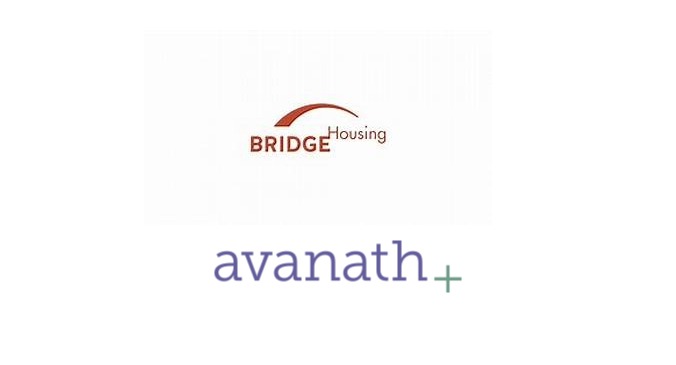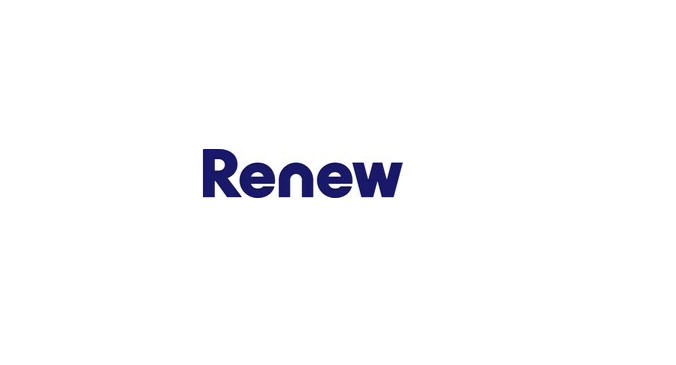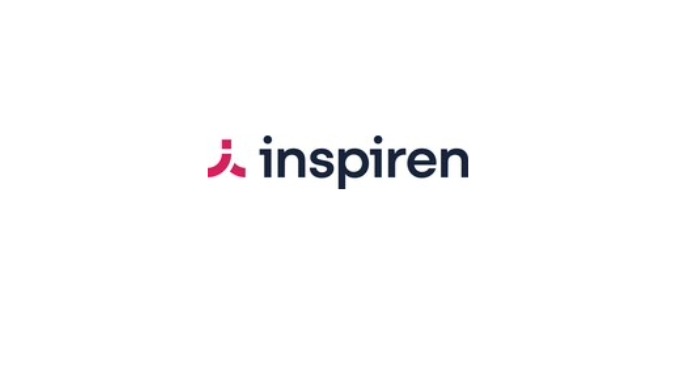With unemployment hovering in the high single digits, no doubt the last thing that many employers are worried about today is their workers headed out the door for greener pastures.
But the results of the fourth annual Ethics & Workplace Survey from consulting firm Deloitte suggest that executives would do well do start looking for strategies to keep their top performers on the farm once the economy begins picking up again.
One-third (34 percent) of employed Americans plan to look for a new job when the economy gets better, according to the survey of 754 full- or part-time employed U.S. adults conducted by Harris Interactive on behalf of Deloitte.
Trust gap
Moreover, within this group of respondents, 48 percent cite loss of trust in their employer and 46 percent say lack of transparent communication from their company’s leadership are the primary reasons for pursuing new employment at the end of the recession. Additionally, a large majority (65 percent) of Fortune 1000 executives who are concerned employees will be job hunting in the coming months believe trust will be a factor in a potential increase in voluntary turnover.
“With lack of trust and transparency factoring into the employment decision of roughly half of the respondents who plan to job hunt in the coming months, business leaders must be mindful of the importance of both on talent management and retention strategies, as well as the bottom line impact,” said Sharon Allen, chairman of the board at Deloitte.
Allen said that by focusing on talent management and retention strategies, executives may be able to reduce attrition. It could also allow them to mitigate the expenses associated with the hiring and on-boarding process and ensure that tacit knowledge remains within their organizations. “Establishing and reinforcing a values-based culture can ultimately help to cultivate employee trust,” Allen said.
Work-life balance
While the survey found 59 percent of employees feel more is being demanded of them because of today’s business climate, 72 percent say their employers continue to support their work-life needs and 77 percent of executives say they remain supportive of employee personal needs outside of work. Sixty percent of employees suggest that technology plays an important role in helping them meet their professional and personal demands, which is enabling them to trust their employers more.
“Executives are facing a number of challenges today and maintaining a workplace in which employees are able to thrive is certainly one of them,” Allen continued. “The survey shows that trust and flexibility are critical in today’s workplace.”
The Deloitte Ethics & Workplace Survey is designed to measure the impact that current workplace trends and issues have on employee behavior. Launched in 2007, the inaugural study examined the connection between work-life fit and ethical decision making by employees on the job. The following year, the survey focused on the role of leadership transparency, followed by research on the potential reputational risk associated with social media. This year’s survey is dedicated to trust in the workplace.
Author: This Ethics and Workplace Study was conducted via telephone interviews within the U.S. by Harris Interactive April 8-12 among 300 Fortune 1000 executives, defined as vice president or higher.
















